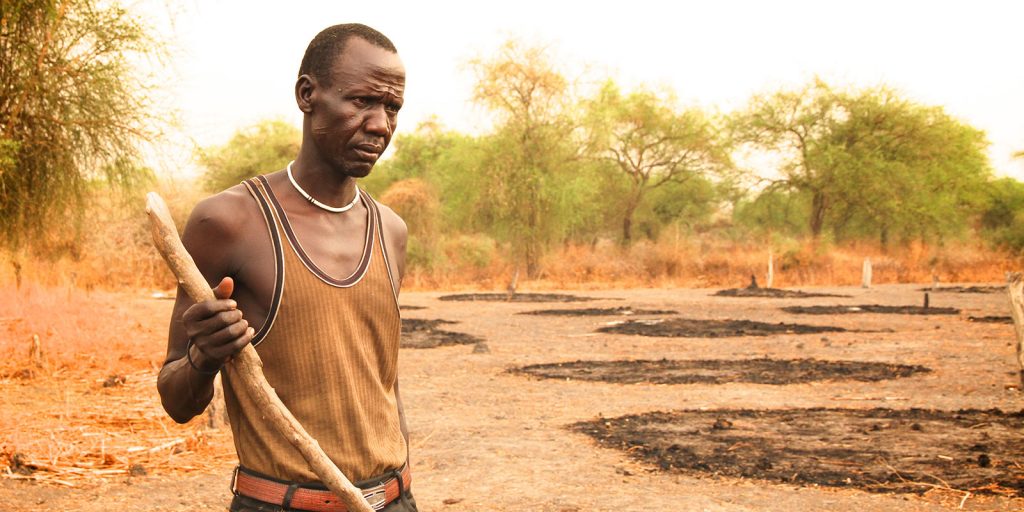
Grappling with and Adapting to Climate Change in South Sudan
Almost a decade since the conflict in South Sudan commenced, the conflict has become further fragmented, with indiscriminate violence across the country being highly varied.

Almost a decade since the conflict in South Sudan commenced, the conflict has become further fragmented, with indiscriminate violence across the country being highly varied.
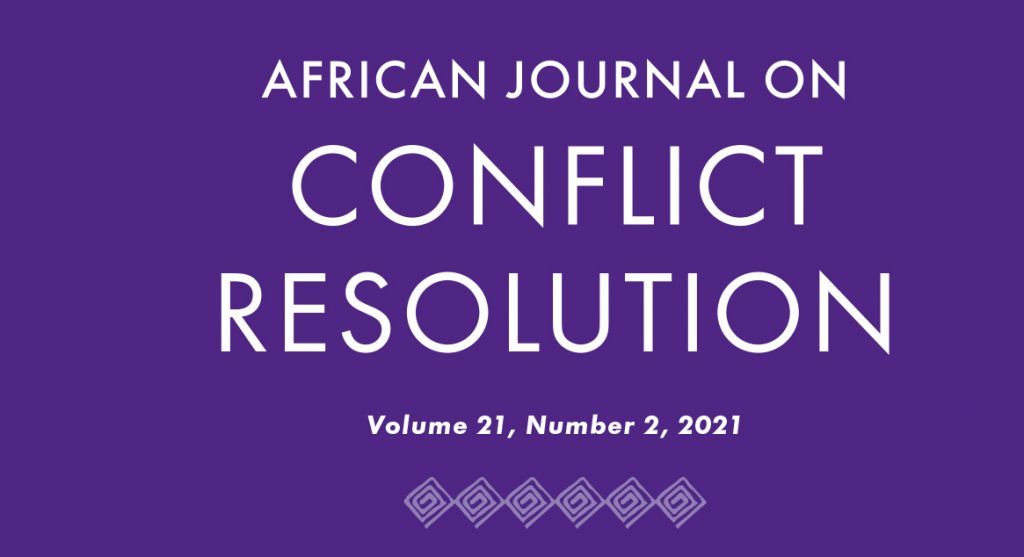
The article acknowledges that low state capacity increases the likelihood of violence in the context of climate change, and thus informal institutions should play a crucial role in preventing and mitigating violence in the absence of formal institutions.
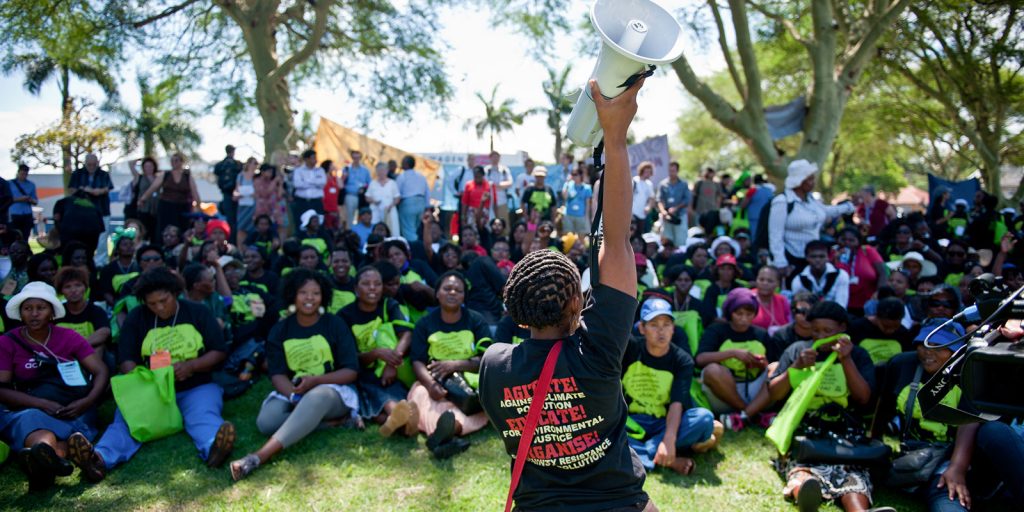
International emergencies, create a major opportunity to recast cooperation and elevate it, truly, to a ‘mutually-beneficial’ partnership between Europe and Africa. One area where cooperation will be tested is in the area of climate change.
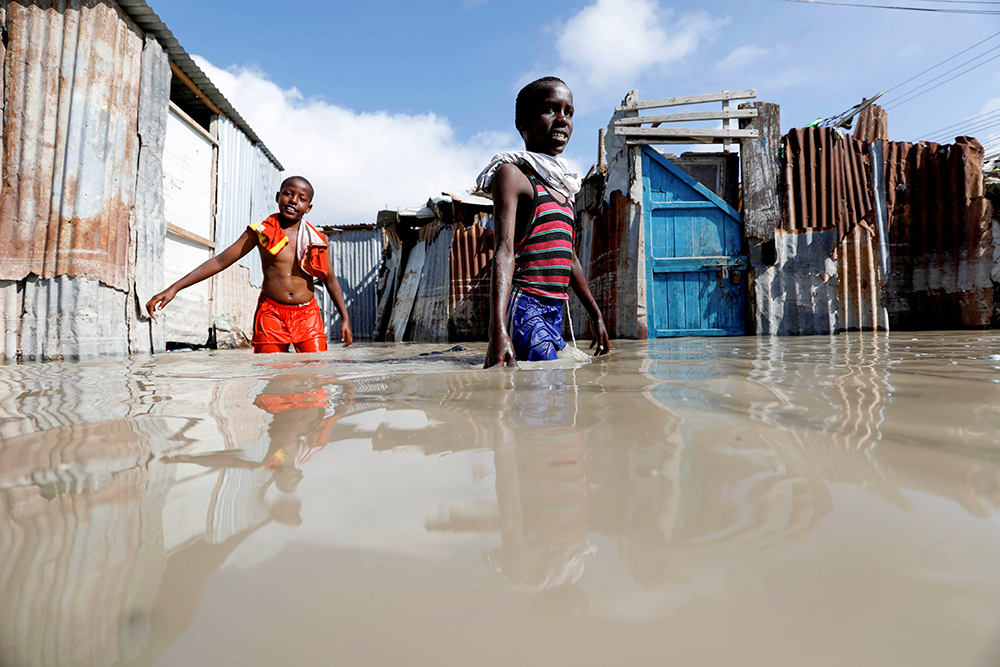
Climate change can undermine peace and increase levels of violence by affecting the drivers of conflict.
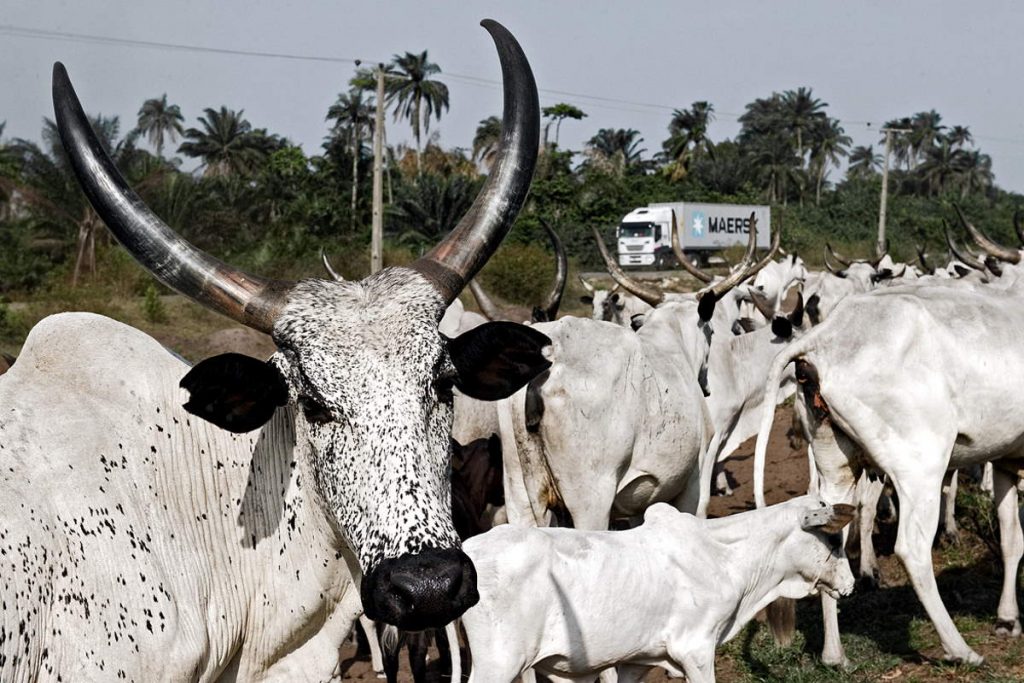
Arguing that continuing conflict between farmers and herdsmen can be explained by the non-application of restorative justice procedures by government.
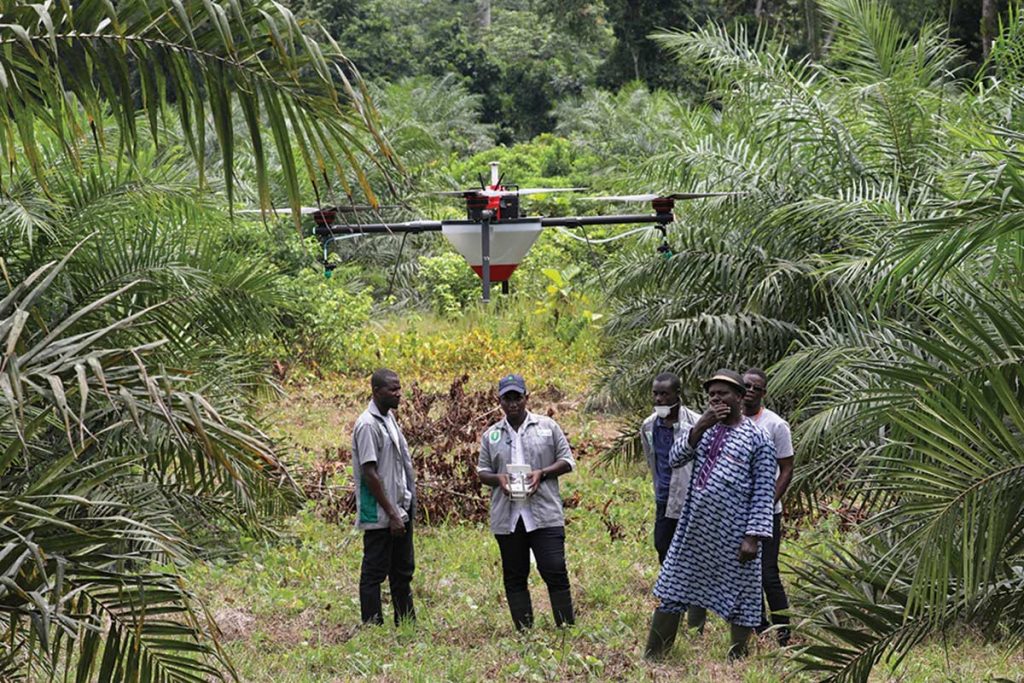
Discussing community-based natural resource management mechanisms from the perspectives of environmental governance and democratic values.

Drawing attention to the manner in which the Namibian government approaches the problem of human-wildlife conflict.
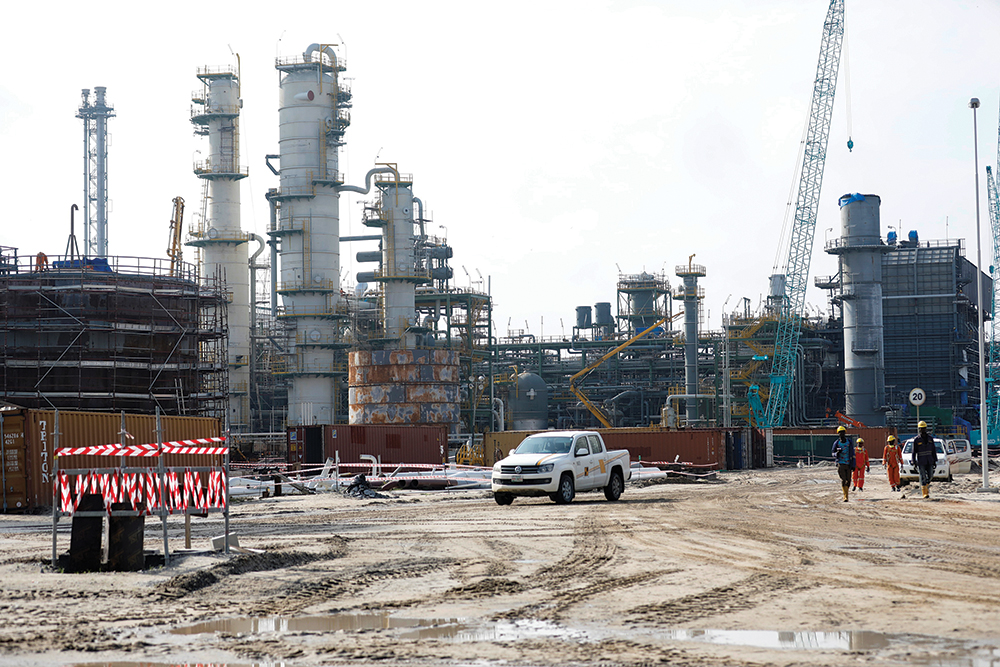
Article positing that petro-pipeline vandalism in the region has been variously motivated, depending on the socio-structural dynamics underpinning its occurrence.
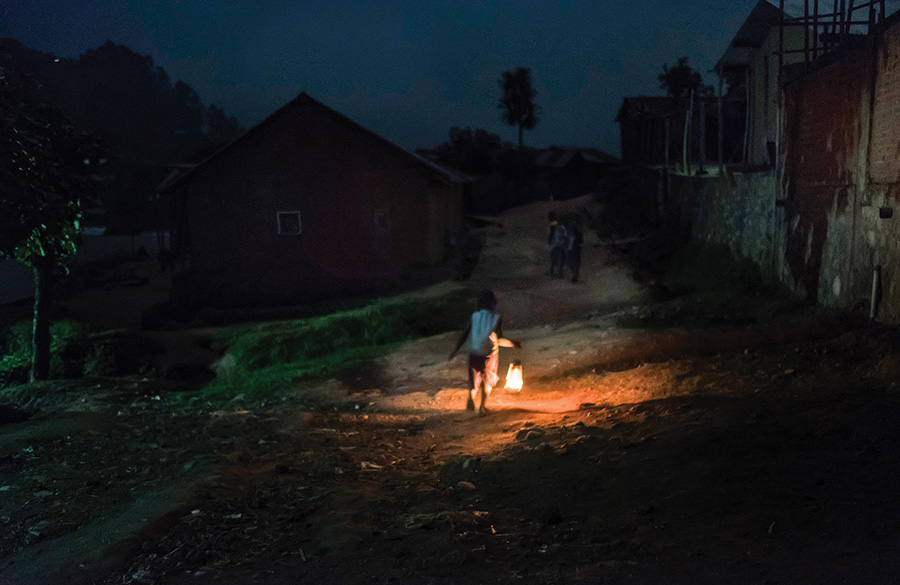
Re-examining the basic theory of national and social developmental, using Kivu’s hydroelectric developments as case studies.
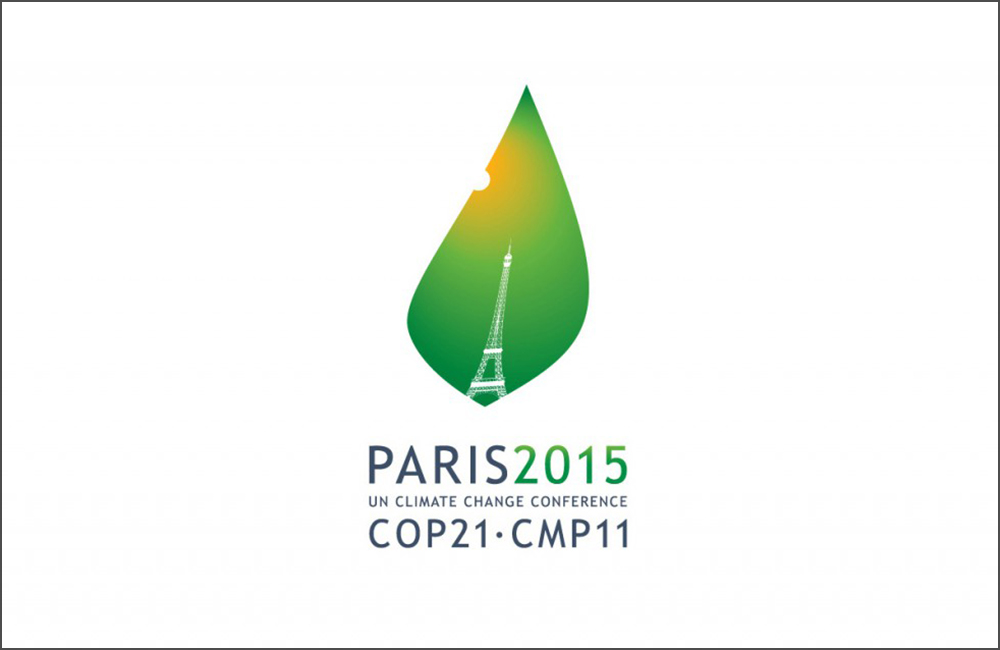
Attending and contributing to summits and publishing papers about climate change-induced conflict forms a large part of ACCORD’s agenda.